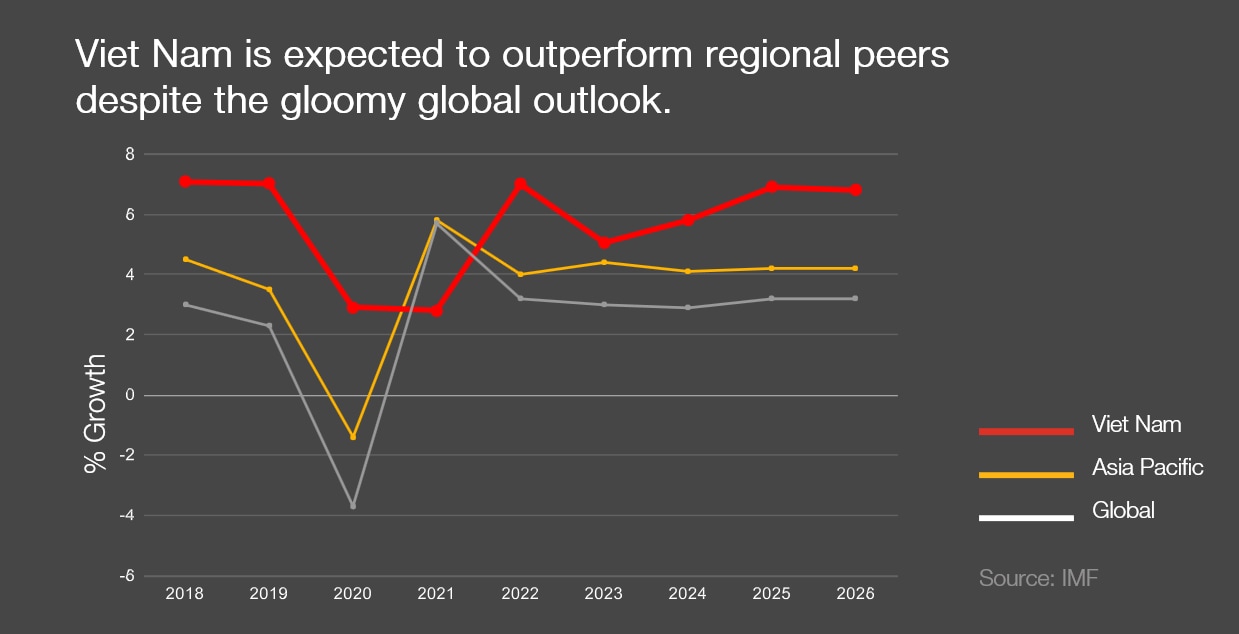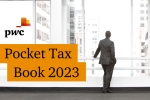Viet Nam - Striding towards a brighter economic future
Welcome to the 12th edition of the Doing Business in Viet Nam guide, your annual guide through the nation’s economic landscape, co-authored by PwC Vietnam and Vietnam Chamber of Commerce and Industry (VCCI). As we step into 2024, Viet Nam’s resolve to carve a sustainable economic path is unwavering.
In the face of global uncertainties sparked by global conflicts and supply chain disruptions, Viet Nam is in a prime position to strengthen its economy, amplify manufacturing, and expedite digital transformation. This commitment echoes the country’s vision of reaching developed economy status by 2045, and achieving Net Zero carbon by 2050. Backed by robust policies and ongoing reforms, the government has been proactive with its support, backing businesses, attracting investment, and spearheading a greener, digitally advanced economy. Viet Nam’s journey towards resilience and competitiveness is built on raising skills levels and fostering a culture of continuous learning. By empowering its workforce through targeted training, robust reskilling initiatives, and embracing technological advances, Viet Nam can not only modernise its industries, but also propel itself towards heightened productivity and innovation in a rapidly evolving digital landscape.
This journey has seen Viet Nam going from one of the world’s poorest nations to a lower-middle-income developing country in 2010 and after years of successive and robust growth, Viet Nam is on the cusp of becoming an upper- middle-income country. Overcoming past uncertainties and disruptions, Viet Nam’s resilience stands as a testament to its unwavering spirit, a powerful engine hurtling towards the future. At the final stop on this transformative journey, Viet Nam should emerge as a developed, high-income country in 2045. With numerous opportunities ahead, we welcome you to board this ride with us.

Resilient economic growth and attractive market potential
In 2023, Viet Nam faced global economic uncertainty, resulting in a decline in GDP growth. However, Vietnam's GDP growth still exceeded the global average and that of the Asia Pacific region due to strong fundamentals and government efforts to stabilize the economy. The unemployment rate remained low, and inflation was controlled.
In 2024, Vietnam's economy is expected to rebound, supported by ongoing improvements in the business environment and competitiveness. Viet Nam offers a sizable market with a growing middle class, creating attractive investment opportunities in consumer markets and various sectors such as education, healthcare, and leisure. These sectors have been instrumental in driving Vietnam's economic growth.
Why invest in Viet Nam?
Get in touch
Johnathan Ooi Siew Loke
Partner, Deals and Consulting Services Leader, PwC Vietnam
Tel: +84 28 3823 0796








